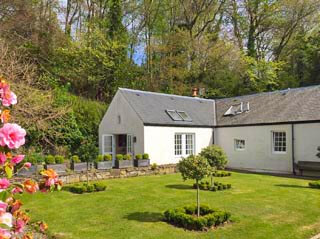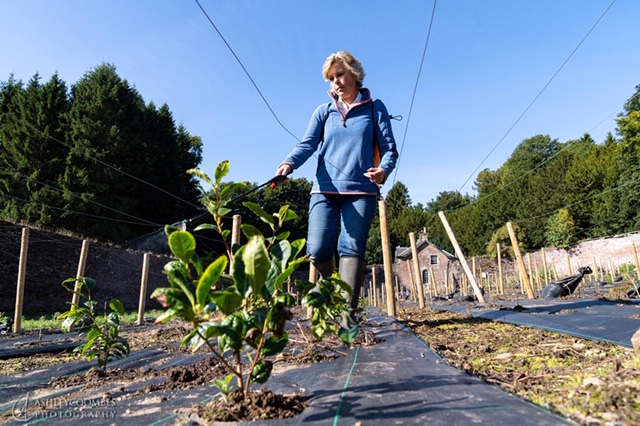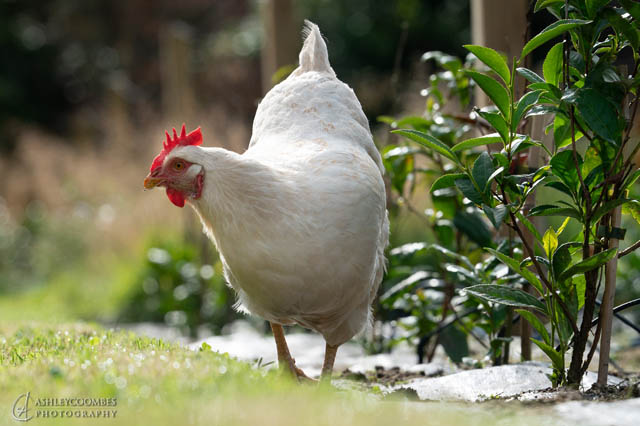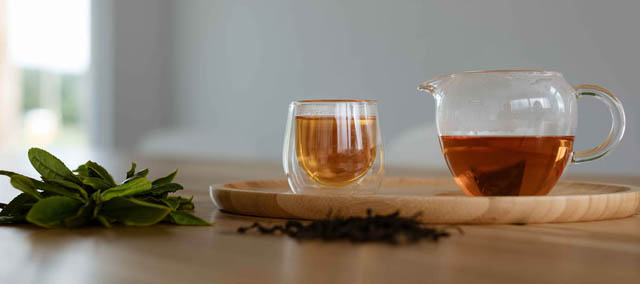Growing tea is a new agritourism business to Scotland and there are a few tea gardens and micro tea plantations springing up across Scotland from Dummfries, The Borders, Perthshire, Fife and Angus, Inverness-shire, Isle of Arran and The Orkneys. Visitors can attend tea making courses and tea plucking experiences at The Scottish Tea Factory in Perthshire.
Scottish Tea – Slow Grown Tea!
Growing tea in Scotland is a real challenge because the climactic conditions are marginal however, over 20 small tea gardens have been established around the country. The Scottish Tea Factory has also been established near Crieff to provide processing services for growers and to offer courses and tasting experiences. Most growers have between 500-2000 plants so this is very much a “cottage industry”. Growing tea is a slow process, it takes 6 years and very careful pruning for the plants to reach maturity and to start producing a decent crop.
A growing number of Tea tours in Scotland will be available from 2020 - Tea Gardens of Scotland Group (who pioneer 100% Scottish form seed to cup) are slowly establishing a tea trail - Kinnettels Tea Garden is the most established and tours and tastings can be arranged now. There are also other tea gardens outwith this group.
The Scottish terroir is unique and our soils are created from a wide variety of rocks and sediments which means that they tend to have more organic matter and be more acidic than soils in the rest of the UK. This works on our favour as tea plants need acidic soil and plenty of rainfall to thrive. Tea plants are part of the Camellia family (Camellia Sinensis) In Scotland, varietals need to be selected for cold-hardy tolerance to survive our harsh winters. Tea plants grown from seed have a long tap root which anchors the plants against the wind and once established, they can survive for over 100 years.
Most of us enjoy tea as our daily cuppa and the “tea-bag” has become synonymous with the drink. Scottish Tea is different, it’s always going to be one of the rarest teas in the world because the picking season is extremely short (June-September) and because the gardens are so small. This means that the teas being made will be made in small batches and crafted by hand and will be sold as loose leaf teas that take a bit longer to brew. However, good quality teas are not just about strength and body like most tea-bag teas, they yield an extraordinary range of flavours and are generally best drunk without milk. They will be more expensive than your everyday tea but make a special treat and the other quality of good loose leaf teas is that the leaves can be brewed several times over!
Tea making and tasting courses in Scotland
Tea is an every day pleasure, a small moment of calm in your busy day and there are thousands of wonderful teas out there to discover and enjoy.
Stay at or near a tea garden a tea garden. Learn about tea from tea expert Beverly Wainwright at The Scottish Tea Factory - attend a tasting, a blending experience, a tea making experience or a professional course - its fascinating!





